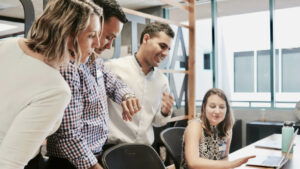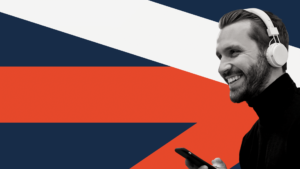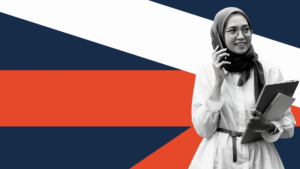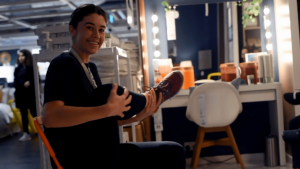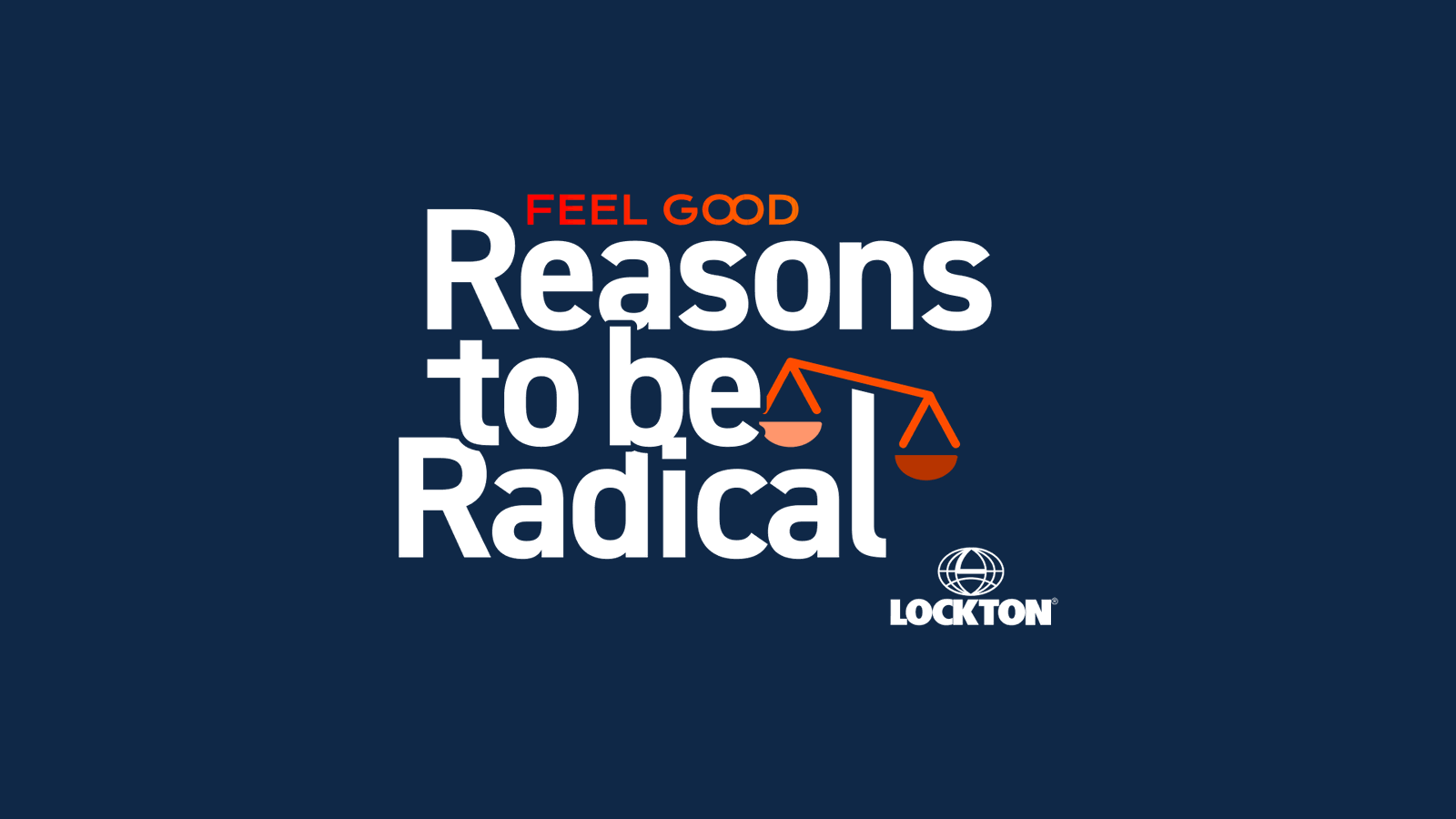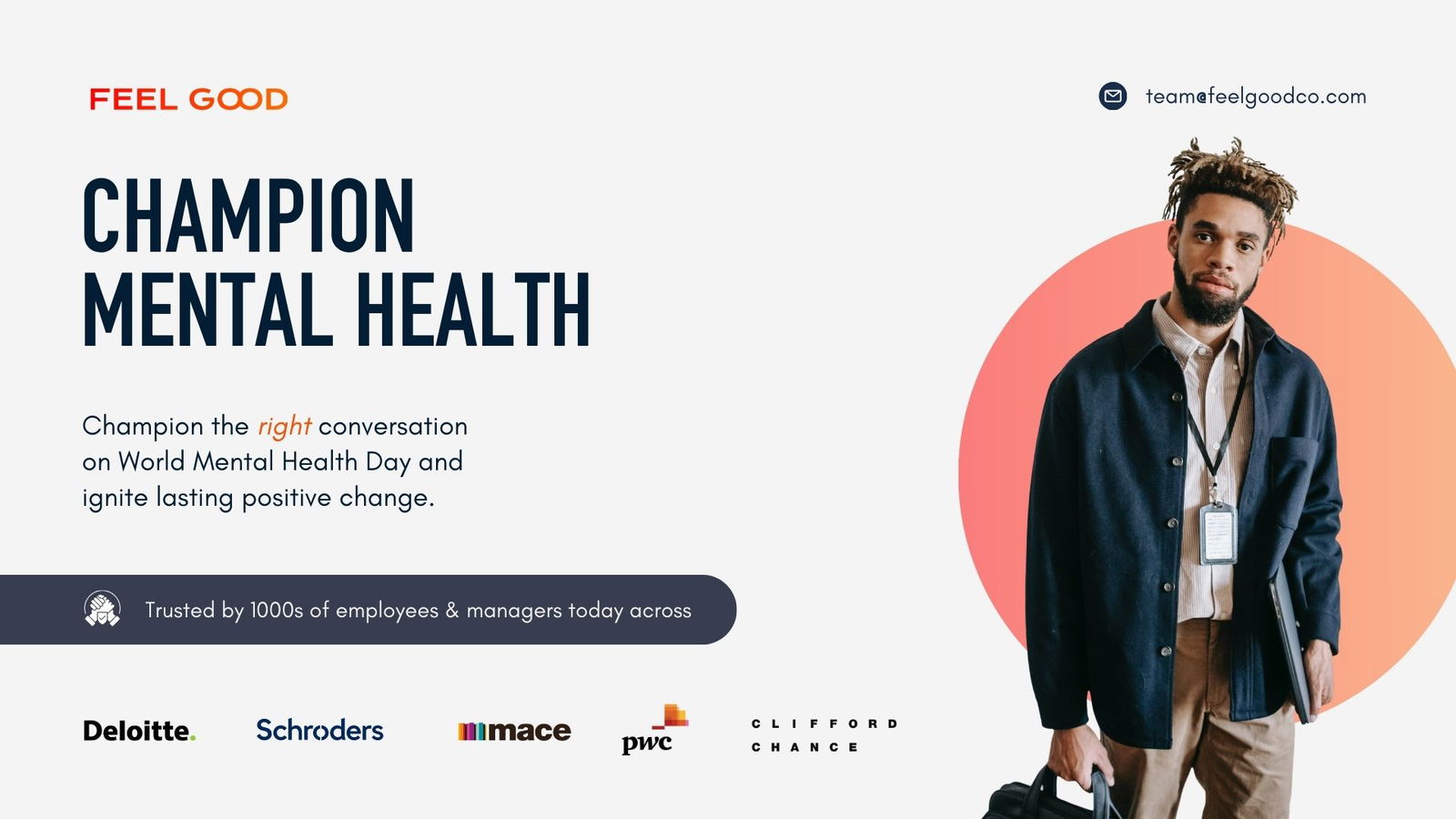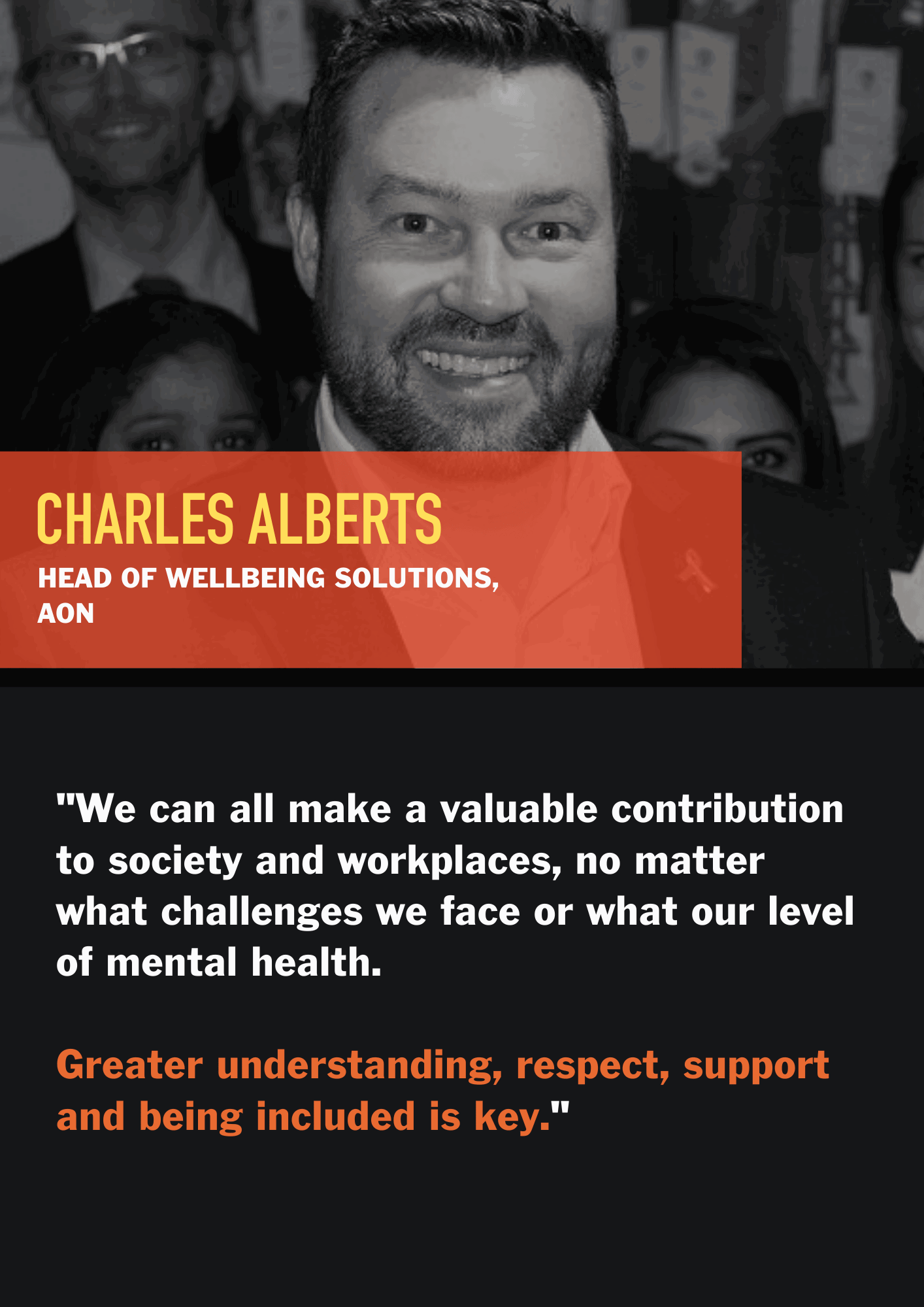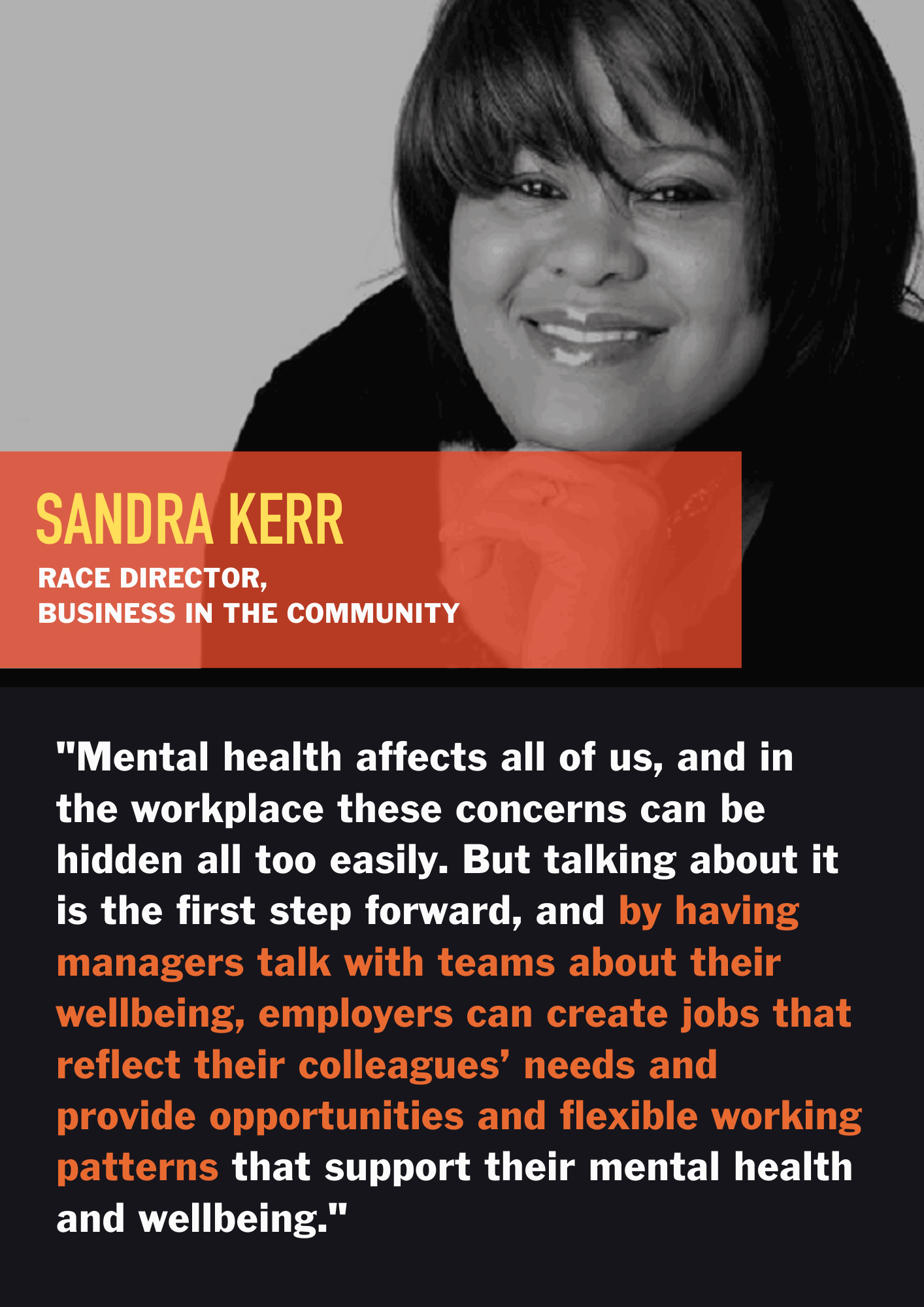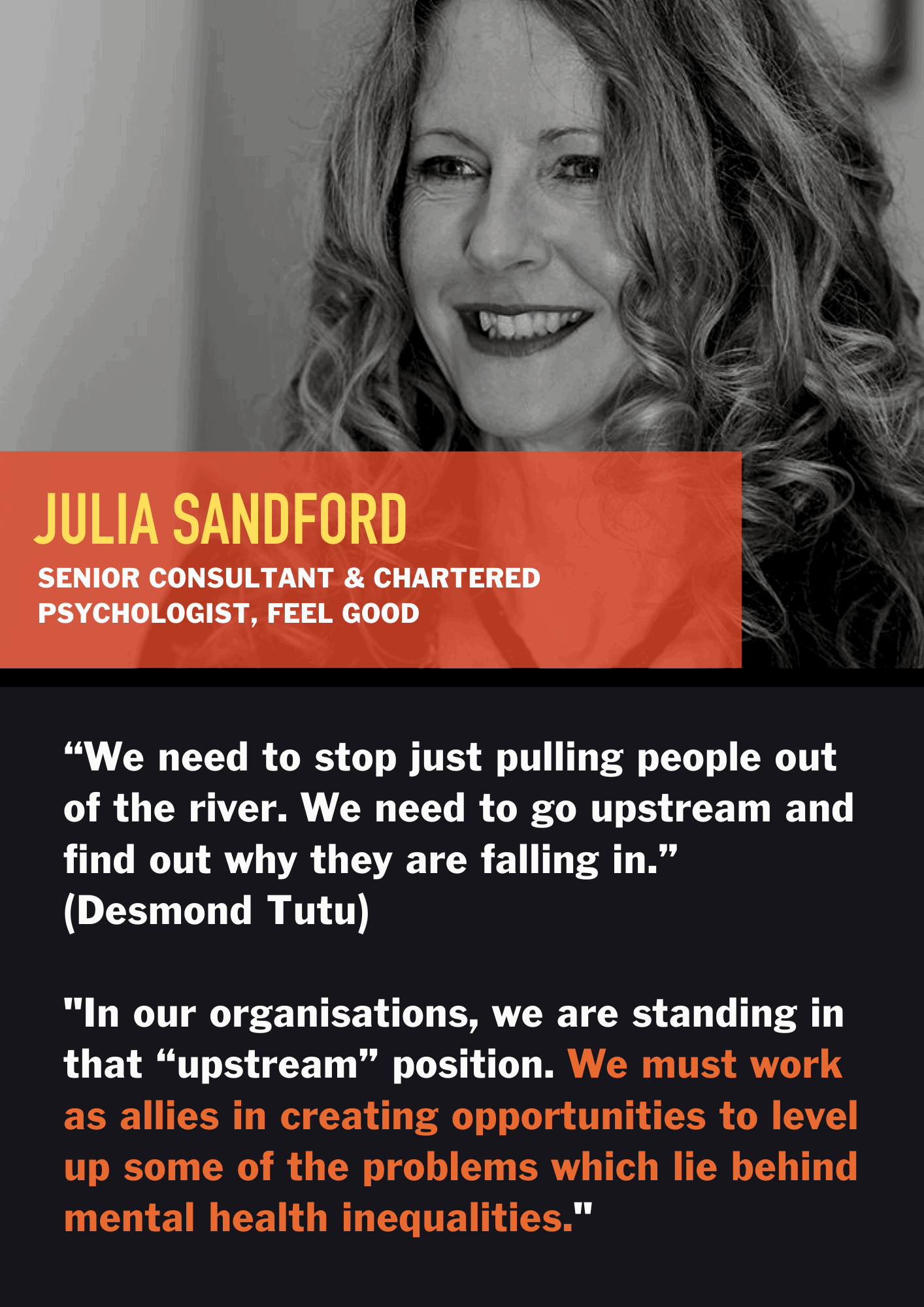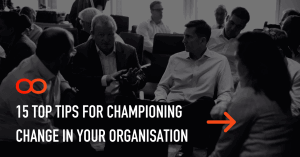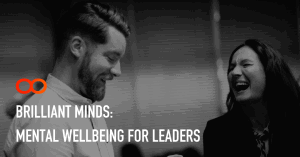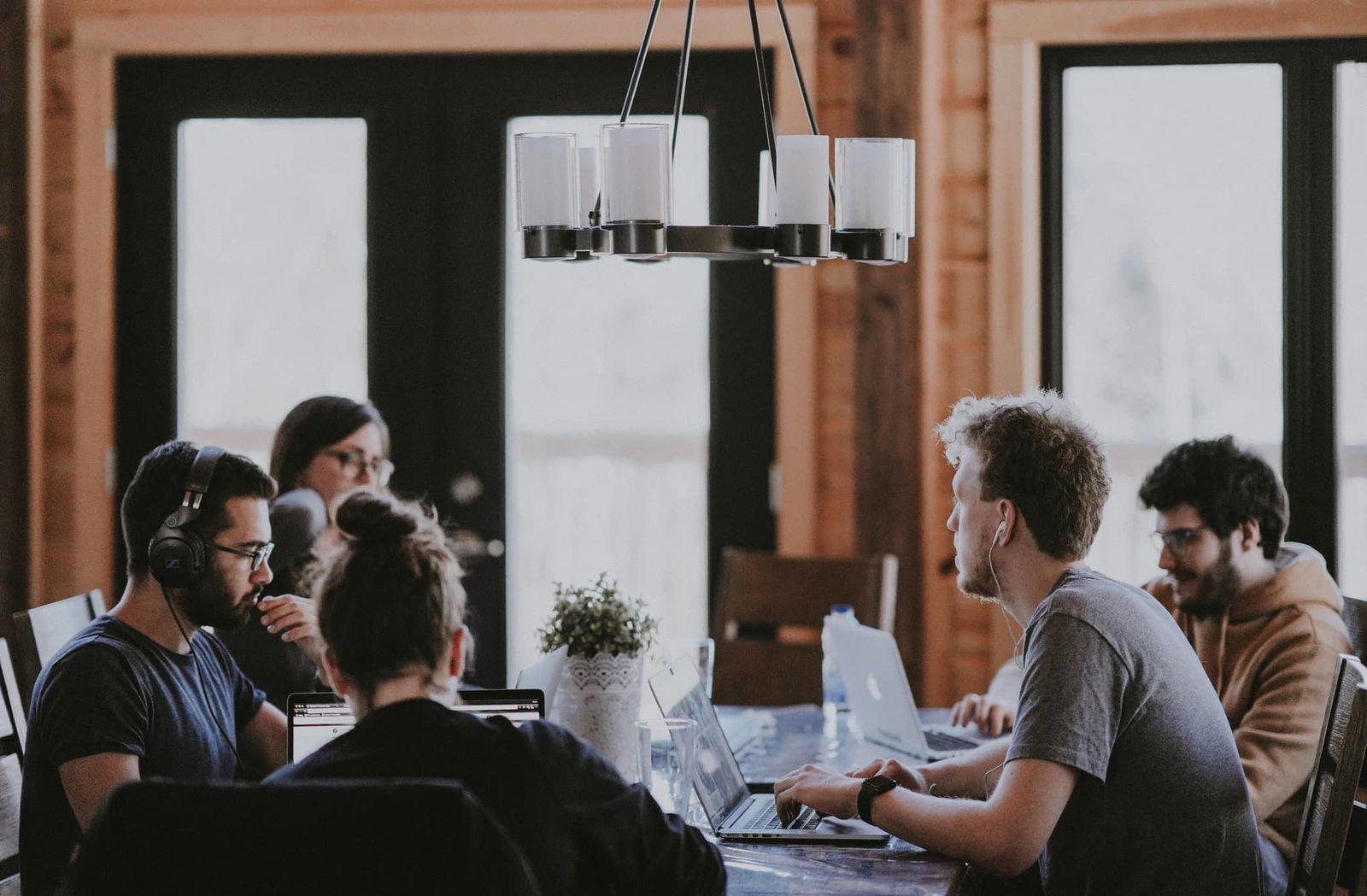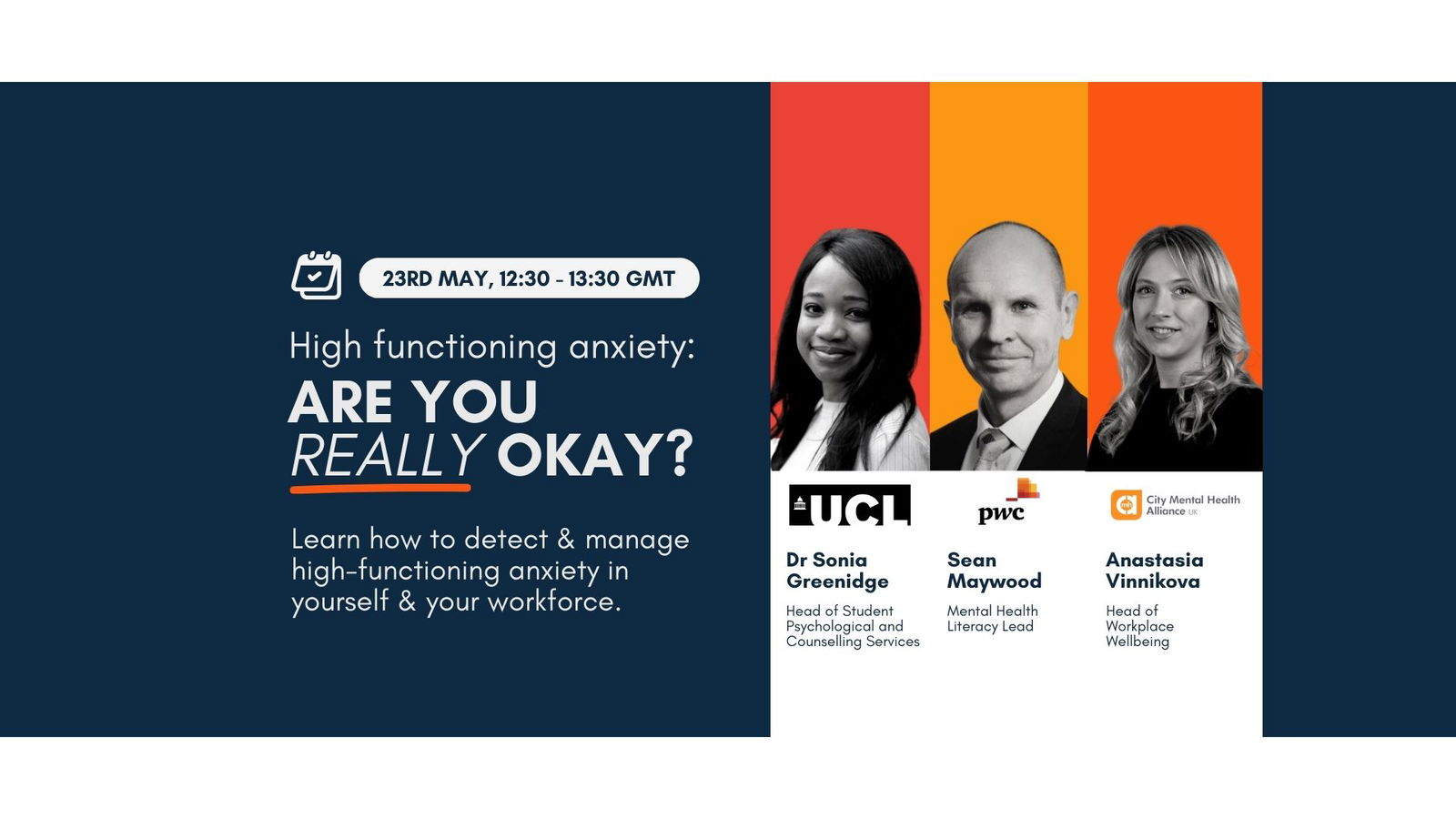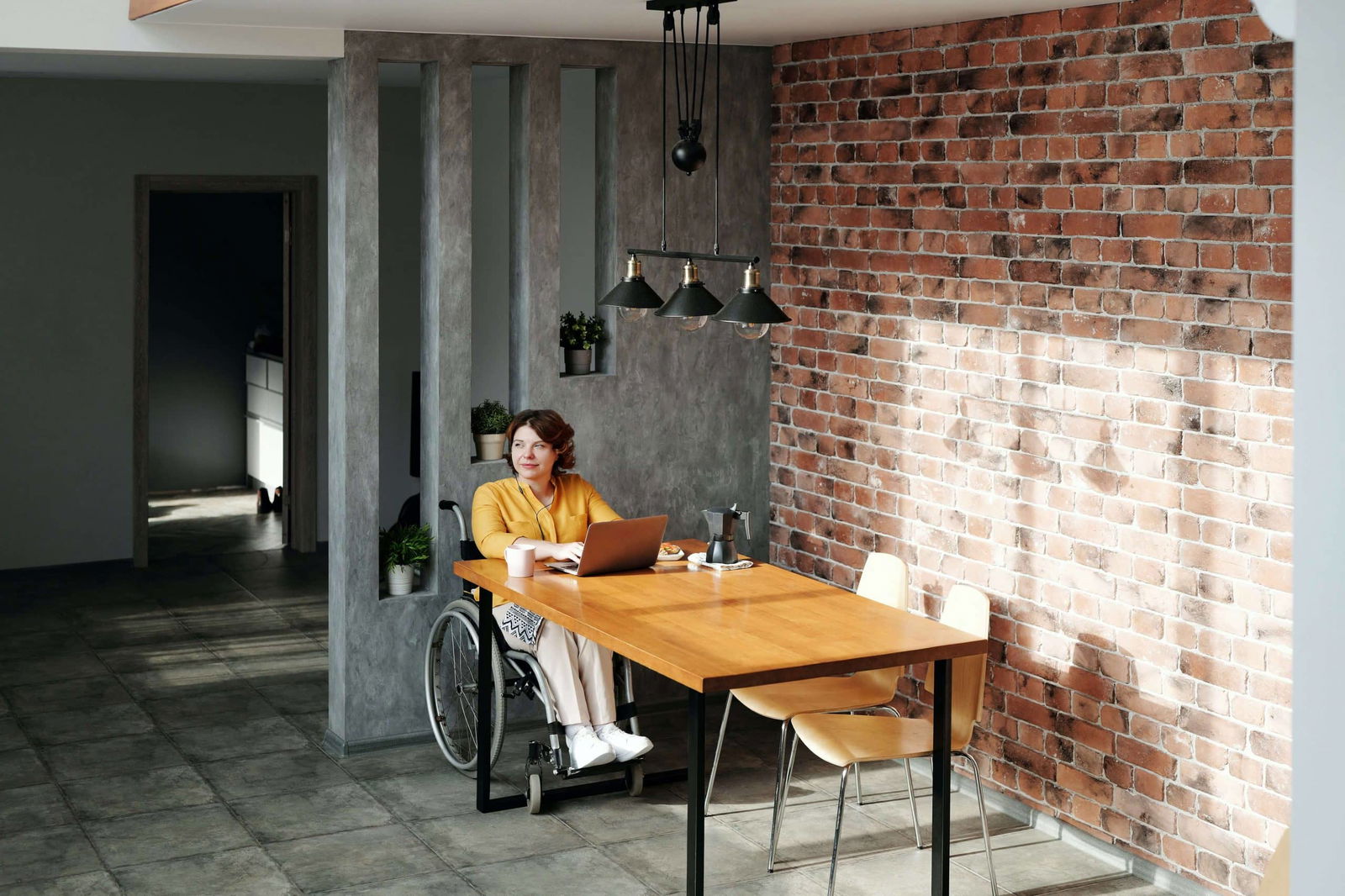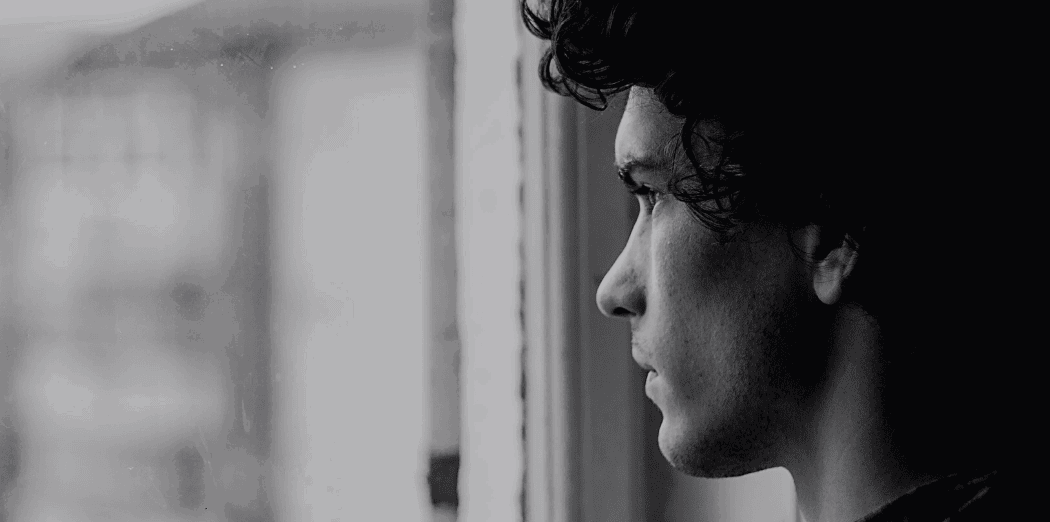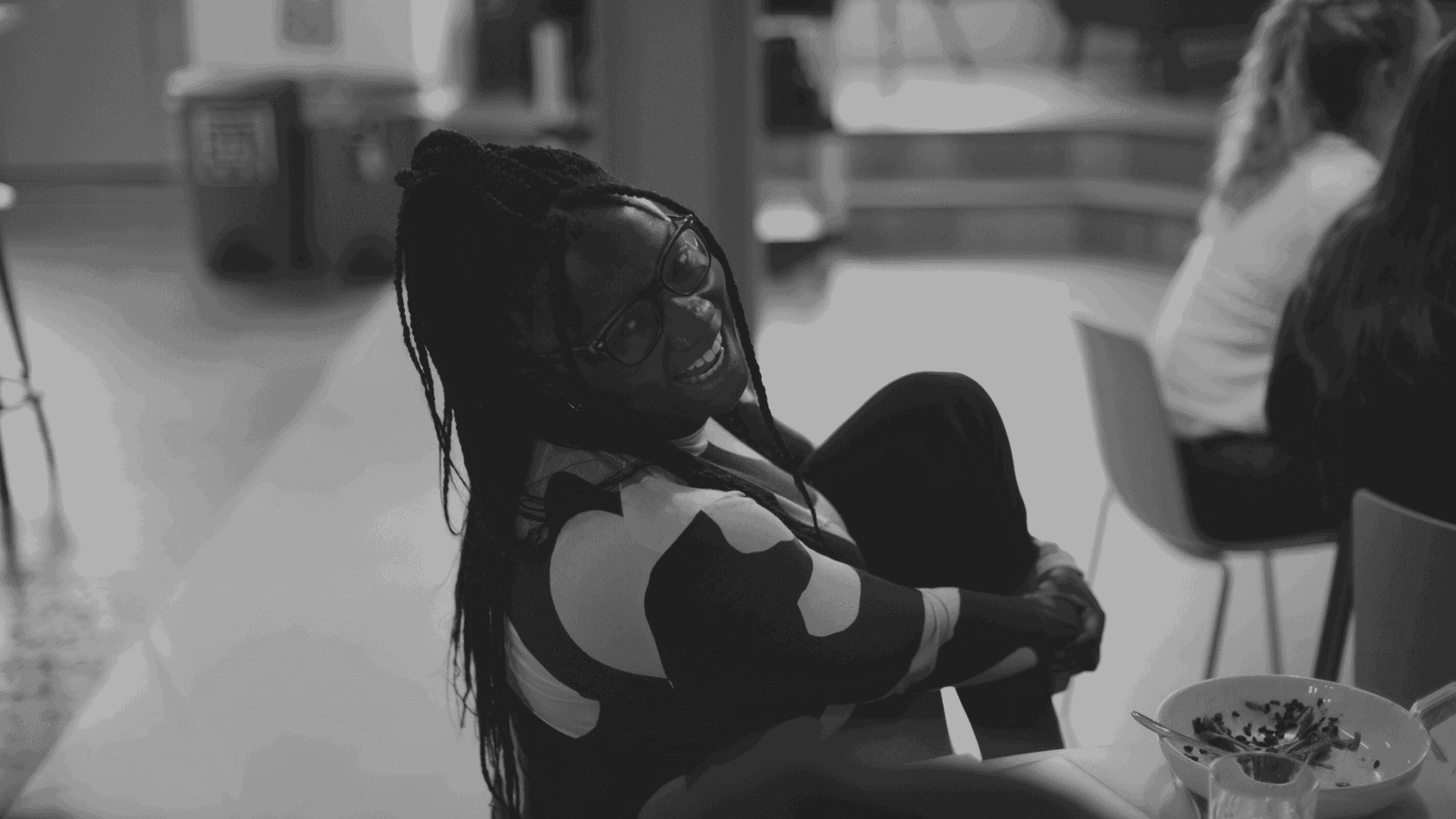Posted on: October 20, 2021
Live panel summary: When mental health & inclusivity collide
Organisations today are facing obstacles preventing them from championing the change they need to bring mental health & inclusivity to the heart of their cu...
By Richard Heasman
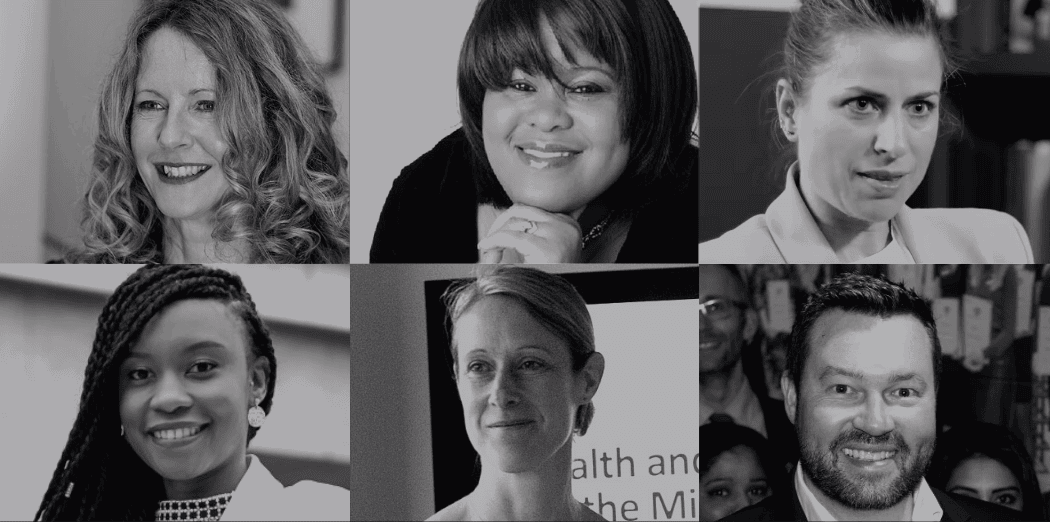
Organisations today are facing obstacles preventing them from championing the change they need to bring mental health & inclusivity to the heart of their culture.
A radical shift needs to occur. Feel Good hosted an inspiring live panel ‘When Mental Health and Inclusivity Collide’ with experts from AON, Johnson Matthey, Business in the Community, the NHS and Safety in Mind.
This event shone a new lens on mental health and inclusivity and tackled both these challenges to help organisations successfully bring about the change needed.
Here’s why we held the panel:
- Regulators & shareholders are demanding faster progress around inclusivity and psychological health (ISO 45003, ISO 30415).
- With a talent war, mental health must be prioritised to attract & retain the best.
- Prioritising inclusion is not just a regulatory requirement, but it’s the moral next step for organisations.
Watch the live panel highlights video
Watch the full recording here.
Our brilliant panel explored real-life stories and practical strategies that have worked in some of the world’s most influential organisations, with each expert being carefully chosen to bring a unique perspective on how you can overcome the mental health & inclusivity challenges you face at your organisation.
Panellists:
- Dr Amanda Mwale, Clinical psychologist, Guy’s and St Thomas’ NHS Foundation Trust
- Charles Alberts, Head of Wellbeing Solutions, Aon
- Caroline Adam, Head of UK Reward & Wellbeing, Johnson Matthey
- Sandra Kerr, Race Director, Business in the Community
- Jacqui Wilmshurst, Chartered psychologist, ex-Head of Wellbeing at TikTok, Safety in Mind
- Hosted by Julia Sandford, Occupational Psychologist and Senior Consultant: Feel Good
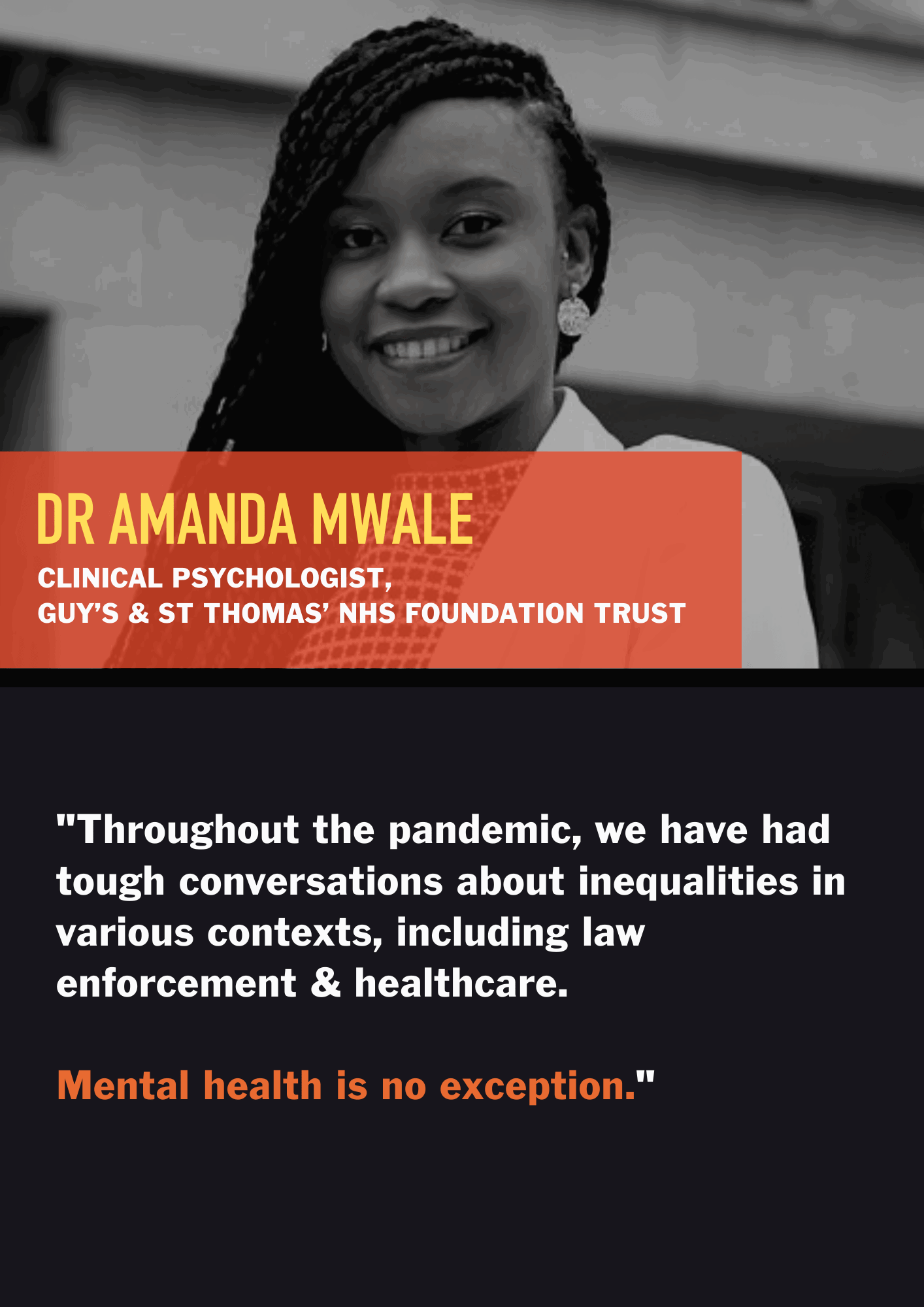
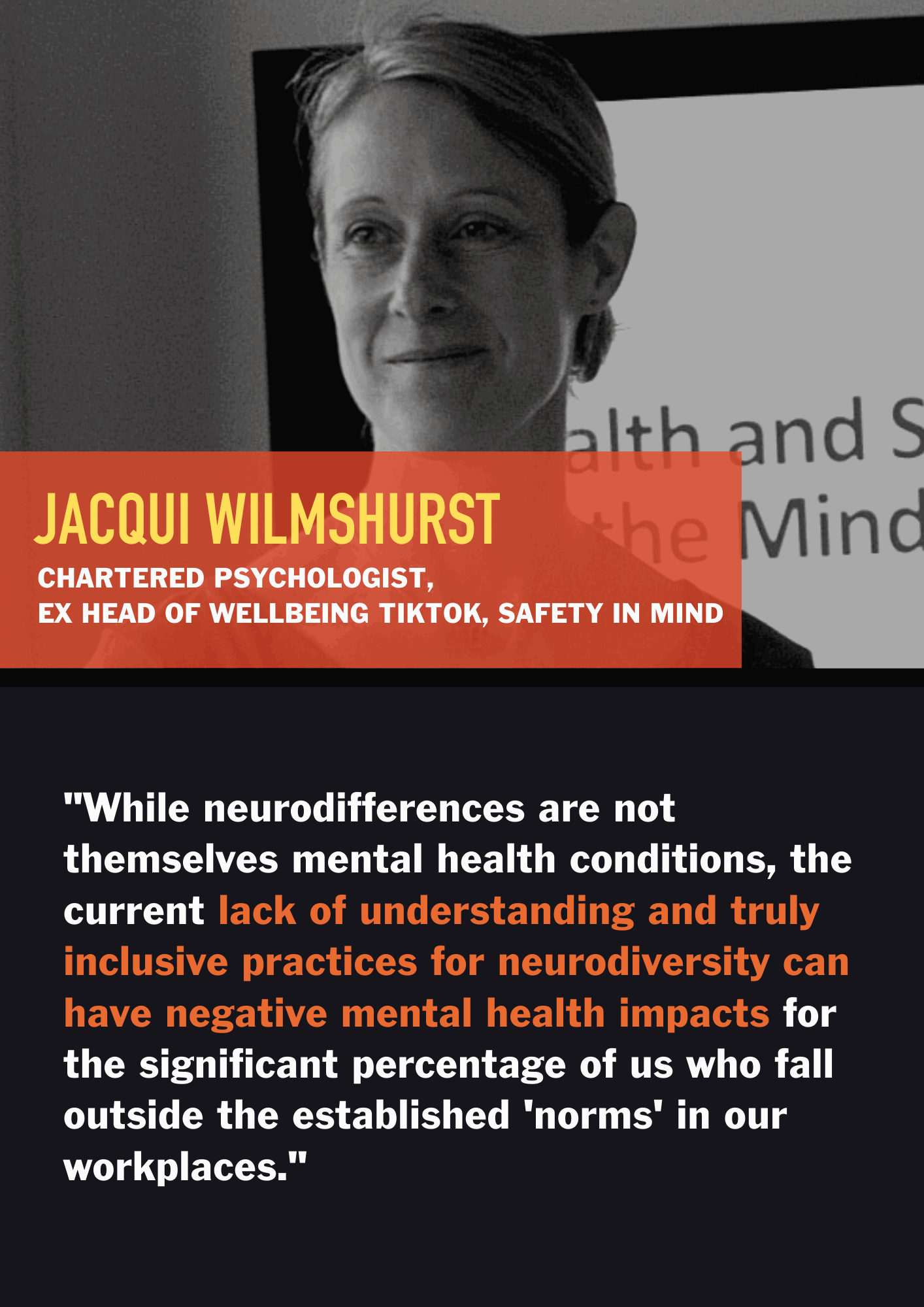
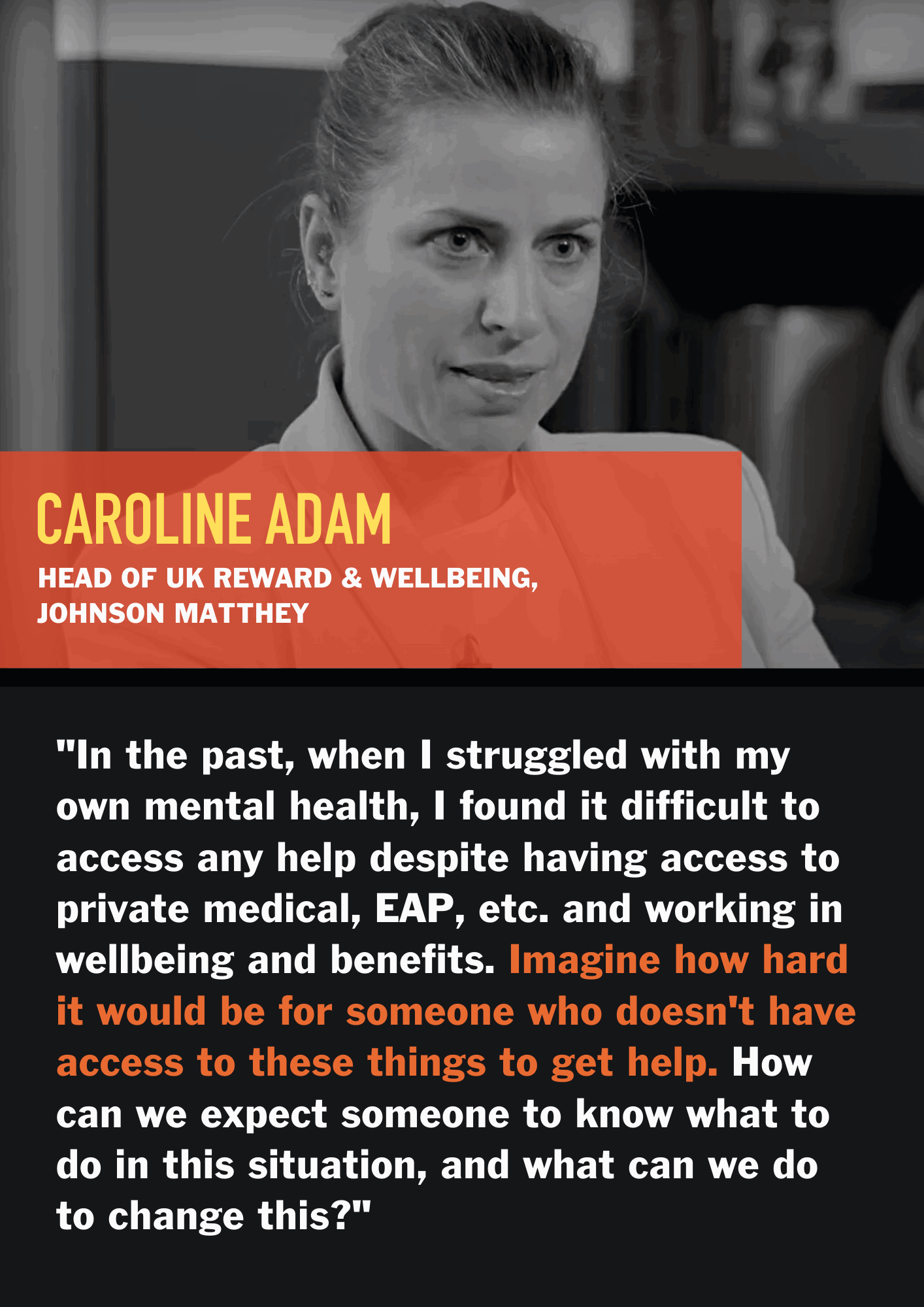
Each expert shared indispensable insights across topics such as:
- The huge disparities on mental health by the intersection of ethnicity and gender
- Success stories where H&C organisations have taken steps to address disparities faced by those from BAME backgrounds
- What works to level up support for those from backgrounds which often fail to get equal support
- What has made the biggest difference in organisations being able to provide effective wellbeing services
- Examples of what we in organisations can do to increase the voice of people from neurodiverse backgrounds
- Advice for how managers can support those who have faced exclusion due to the intersectionality of gender, race and mental health and other protected characteristics.
What were the key takeaways?
We know that real change will require a more strategic approach, buy-in from the senior leaders and individual accountability from a majority of employees. However, there are always small steps we can each take to move organisations towards a more inclusive and healthy workforce.
Here are 15 top tips for championing change in your organisation, shared by the experts on our recent live panel.
Transform your people with Brilliant Minds
The overarching message is that a culture of wellbeing and inclusivity starts with your leaders. It needs to take a strategic approach. Managers have had a huge role change since the pandemic, and now have a large role in the wellbeing of their employees, despite little training. Learn more about the programme here.
How can leaders juggle this responsibility with maintaining their own wellbeing?
Let us be your strategic thinking partners, in supporting your leaders to finally start creating workplaces that not only understand and prioritise mental health, but embed it into the foundations.
Let’s talk about you
[calendly url=”https://calendly.com/laura-feel-good/30min” type=”1″]
PSYCHOLOGY-POWERED SOLUTIONS THAT DRIVE IMPACT
Feel Good evolves how your people think, feel and perform with strategic thinking and engaging learning solutions powered by the latest organisational & behavioural science.

